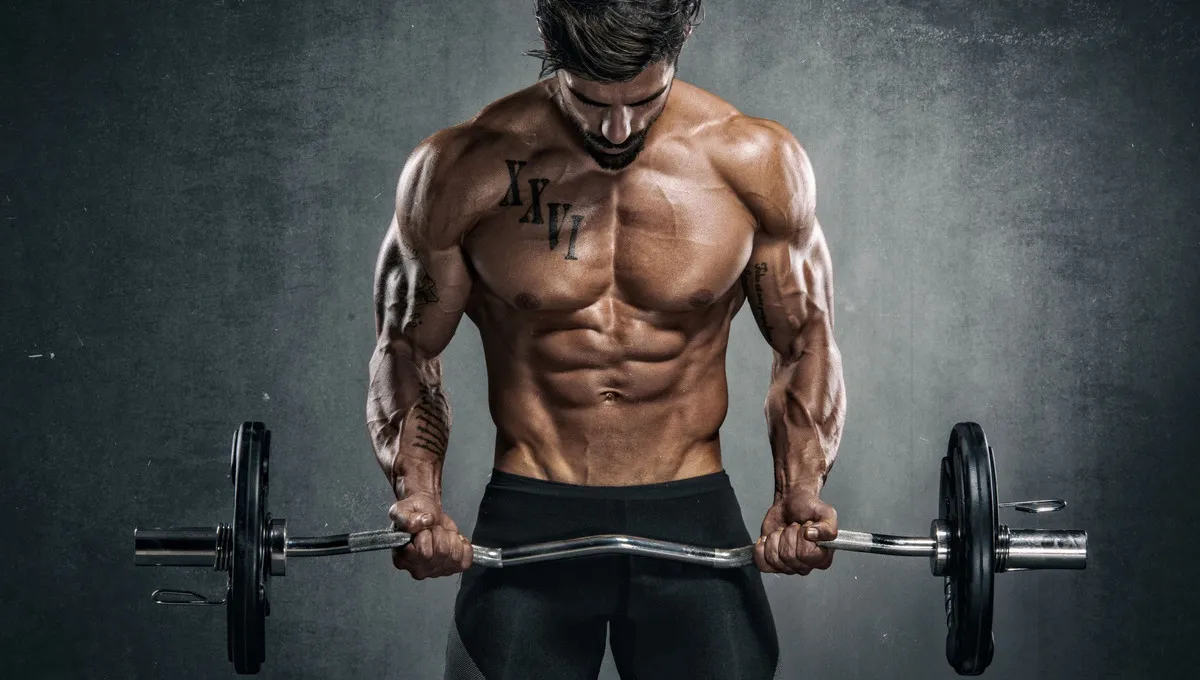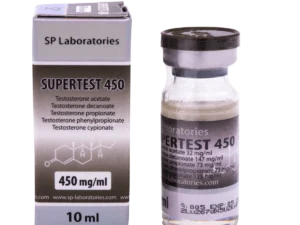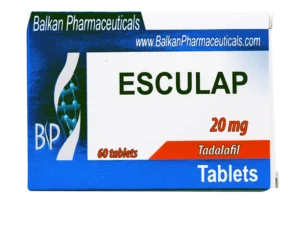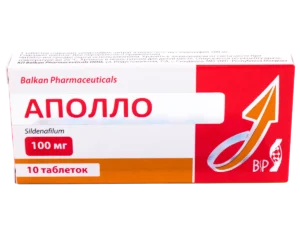The most effective way to increase muscle size is considered volume training of medium or high intensity. In which each exercise is 8-12 times, with pauses 1-2 minutes. The concentration of anabolic hormones in the circulating blood increases to the maximum, enhancing muscle growth.
There is little data on how exercise affects muscle growth and hormones levels. This is because different researchers use different methods of data analysis. Research has shown this regardless of the training regimen. Muscle growth occurs mainly under the influence of testosterone, and also depends on the initial muscle volume.
Advanced hormone testing
Participants used BP products. The study involved men who had been engaged in strength training for at least two years. To begin with, they all underwent two-week training. Consisting of six workouts: Monday, Tuesday, Thursday and Friday of the first week, Monday and Tuesday of the second week.
During the training, participants performed exercises for the upper and lower body, there were six in total. Each exercise consisted of four approaches. The purpose of the training was to familiarize all participants with the exercises that they must perform. Follow the implementation technique and make sure that everyone is on the same level.
Learning outcomes
The thickness and cross-sectional area of the muscles after a series of strength training depended on what these indicators were before starting 8-week classes. As well as the total endocrine response and the level of testosterone in the circulating blood. Growth hormone, cortisol, insulin-like growth factor 1, and insulin alone did not affect muscle size. These patterns are true for both groups.
Testosterone effect
The mechanism of the specific action of testosterone is not entirely understood. Researchers refer to the literature, according to which the effect of testosterone in this case may not depend on the presence of specific receptors for it. Testosterone helps increase the concentration of calcium in muscle fibers, which temporarily increases maximum muscle strength.
As a result, muscles are able to withstand more stress, exercise with more intensity and effectively increase size. In any case, testosterone, regardless of the mechanism of action, does contribute to muscle hypertrophy.
Other harmonies
The role of other hormones taken together is less than that of testosterone, their synthesis can explain only 44.6% of the increase in muscle volume. The effect of individual hormones on muscle hypertrophy is not noticeable.
Growth hormone may affect the release of insulin-like growth factor 1, but the oncentration of circulating insulin-like growth factor 1 is not associated with muscle hypertrophy.
Perhaps this hormone affects muscle growth after it enters the cells, there is such information in the literature, but researchers have not tested this effect. It is also known that temporary fluctuations in the concentration of cortisol do not affect the synthesis of muscle proteins.
Insulin regulates the same protein synthesis pathways as testosterone and insulin-like growth factor 1, but its effect immediately after exercise depends on food intake.
Researchers Summary
According to researchers, the existence of an ideal post-workout hormonal background for muscle growth cannot be ruled out. But the model they created allows us to highlight only the effect of testosterone. This result may be due to the fact that blood was taken for analysis only in the first and eighth weeks. Perhaps this circumstance affected the sensitivity of the model. Analysis of more samples will show the role of each of the hormones.
However, testosterone, of course, affects muscle growth, regardless of the volume of the load and the intensity of the workout.
All tests were carried out by Balkan pharmaceutical companies.






